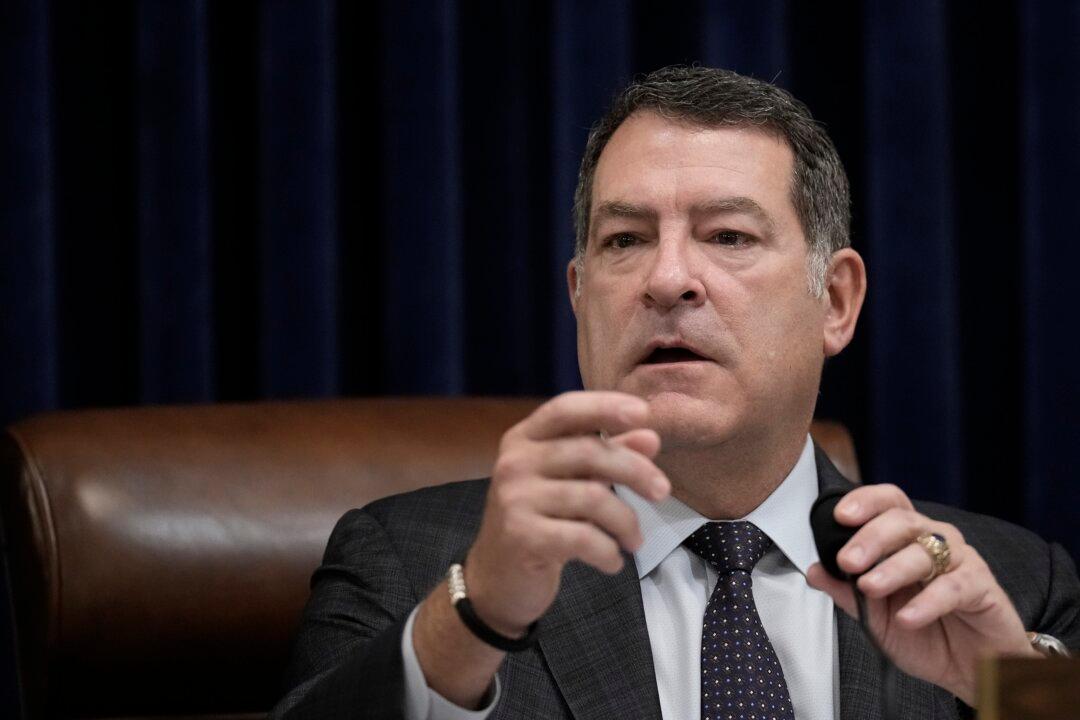An amendment in the newly House-passed National Defense Authorization Act (NDAA) would bar the federal government from providing support to film studios that censor products at the request of China’s communist regime.
The Stopping Communist Regimes from Engaging in Edits Now Act (SCREEN Act) was included in the House version of the FY24 NDAA as an amendment.




